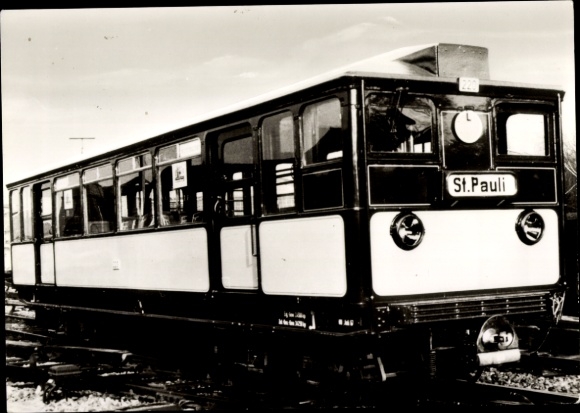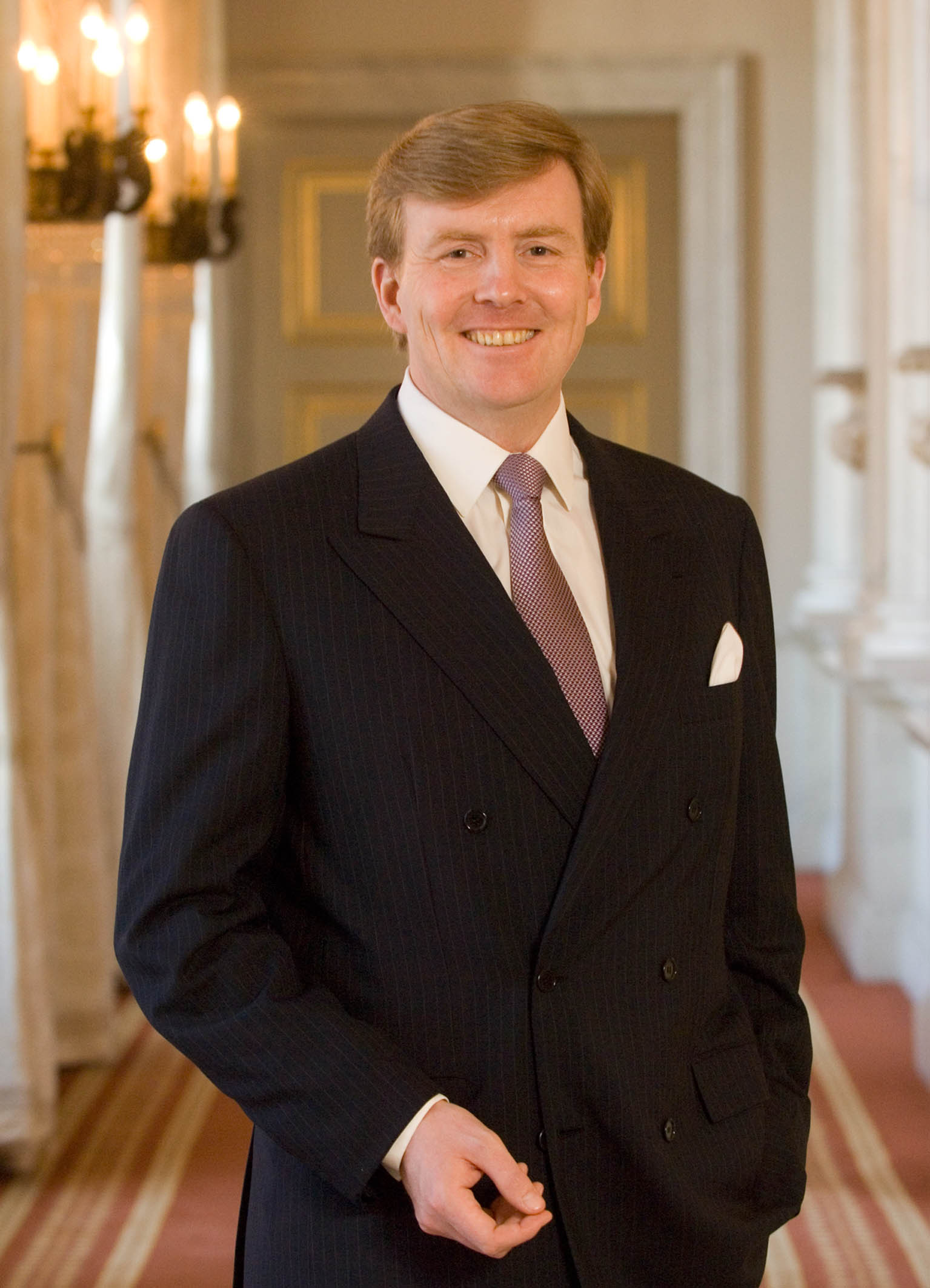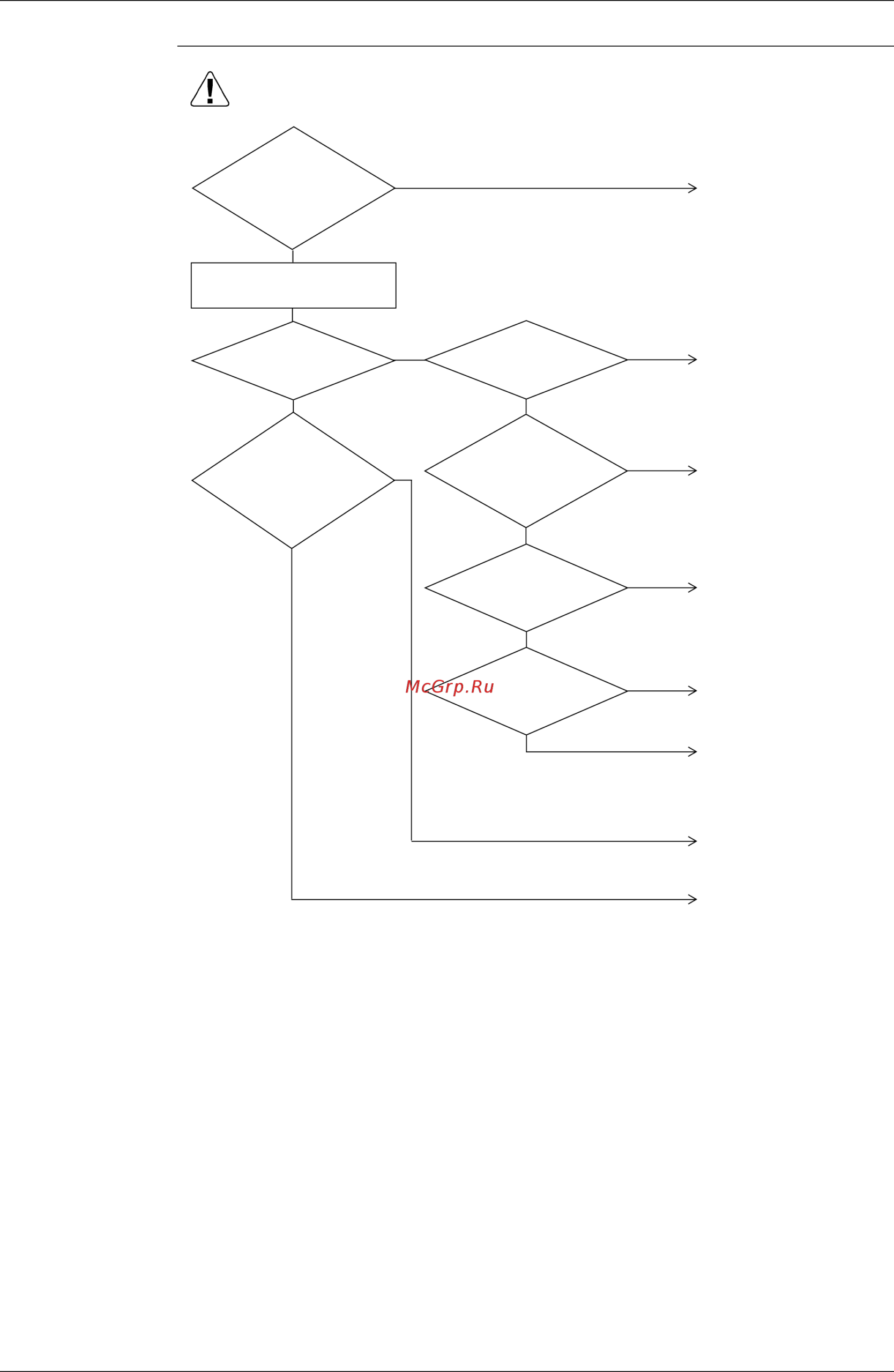
Introduction
St Pauli, based in Hamburg, Germany, is more than just a football club; it represents a vibrant culture and a strong stance against social injustice. Founded in 1910, the club embraces principles of equality, anti-racism and anti-fascism, making it a beacon of hope in the sporting world. This unique ethos has not only garnered a dedicated local fan base but has also attracted global supporters, particularly among youth and those advocating for social change.
Major Developments in Recent Years
In recent years, St Pauli has attracted international attention not only for its performance on the field but also for its community-driven initiatives. The team plays in the Bundesliga 2 and has seen a resurgence in popularity as it fights for promotion to the top tier, following fluctuating performances. The 2022-2023 season saw the club finishing in a mid-table position, indicating a potential period of rebuilding.
Off the pitch, St Pauli has undertaken several initiatives highlighting its commitment to social justice. This includes campaigns against racism, homophobia, and sexism, actively working with local charities and non-profit organisations. The club has been vocal in its support of various social movements, drawing connections between football, social issues, and community engagement.
Fan Culture and Community Engagement
The fan culture at St Pauli is perhaps one of the most distinct features of the club. Fans are known for their vibrant displays of creativity and passion, often encompassing social and political messages. The legendary Millerntor-Stadion, home to St Pauli, has become a cultural hub, with fans coming together not only to watch football but to partake in various community events. The famous St Pauli market, which runs alongside the stadium on match days, further reflects the club’s commitment to community engagement, fostering opportunities for local artisans and businesses.
Conclusion
St Pauli’s significance extends far beyond the pitch. The club represents a movement advocating for equality, acceptance, and community solidarity. Its ongoing projects and initiatives serve as a reminder that football can make a significant impact in society, challenging norms and inspiring positive change. Looking ahead, as St Pauli strives for greater accomplishments in the Bundesliga, its unwavering commitment to social justice will likely continue to resonate with fans worldwide. As the club navigates future challenges, supporters remain hopeful that it will not lose sight of its core values, which have made it a beloved institution both in Hamburg and beyond.
You may also like

Exploring Monmouth: History, Attractions and Community

The Royal Opera House: A Jewel in London’s Cultural Landscape

Exploring Wadebridge: History and Community in Cornwall
SEARCH
LAST NEWS
- Remembering Wendy Richard: The Promise to Co-Star Natalie Cassidy
- How Did Anglian Water Achieve an ‘Essentials’ Rating for Mental Health Accessibility?
- Shai Hope Leads West Indies in T20 World Cup Clash Against South Africa
- What We Know About Weston McKennie: Future at Juventus and Past at Leeds
- What We Know About the Upcoming Live Nation Antitrust Trial